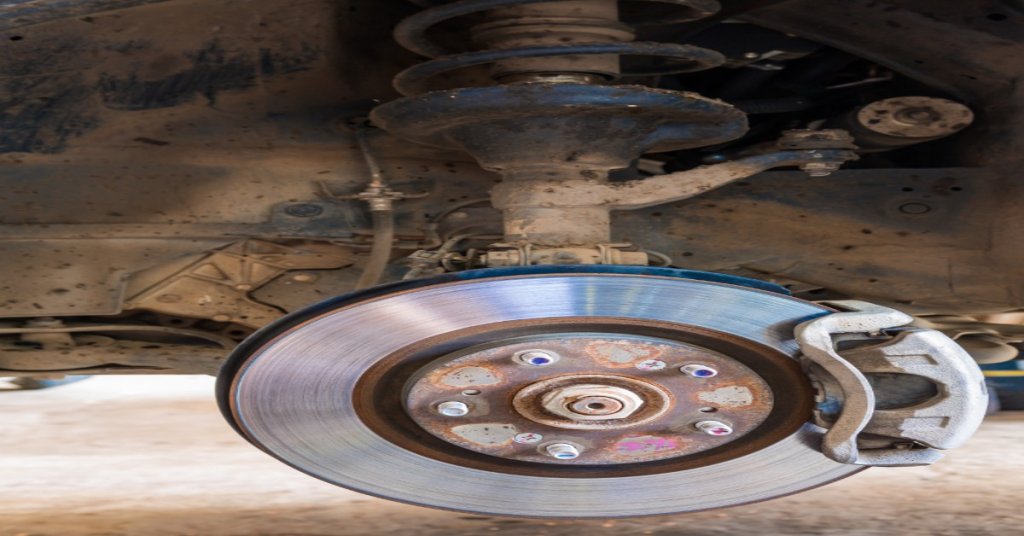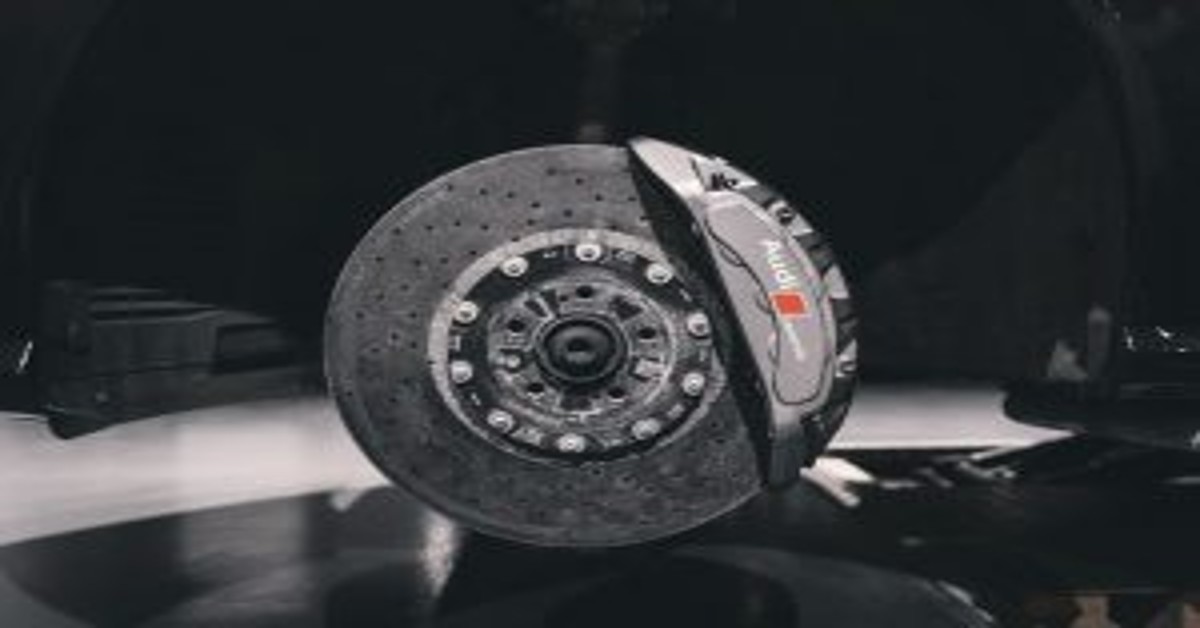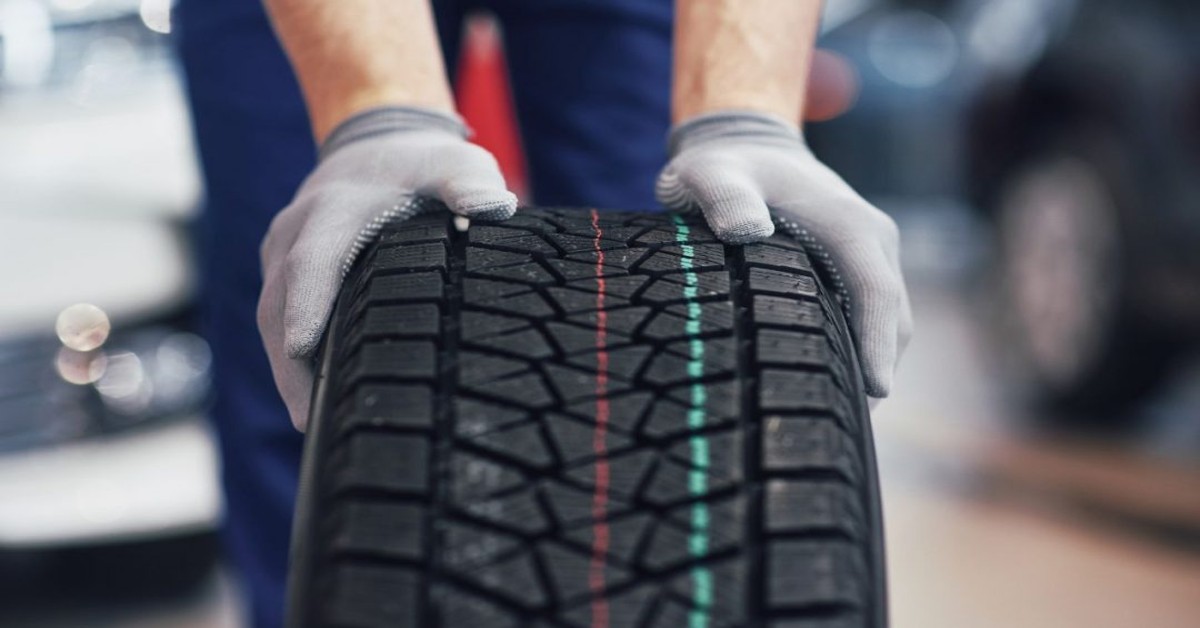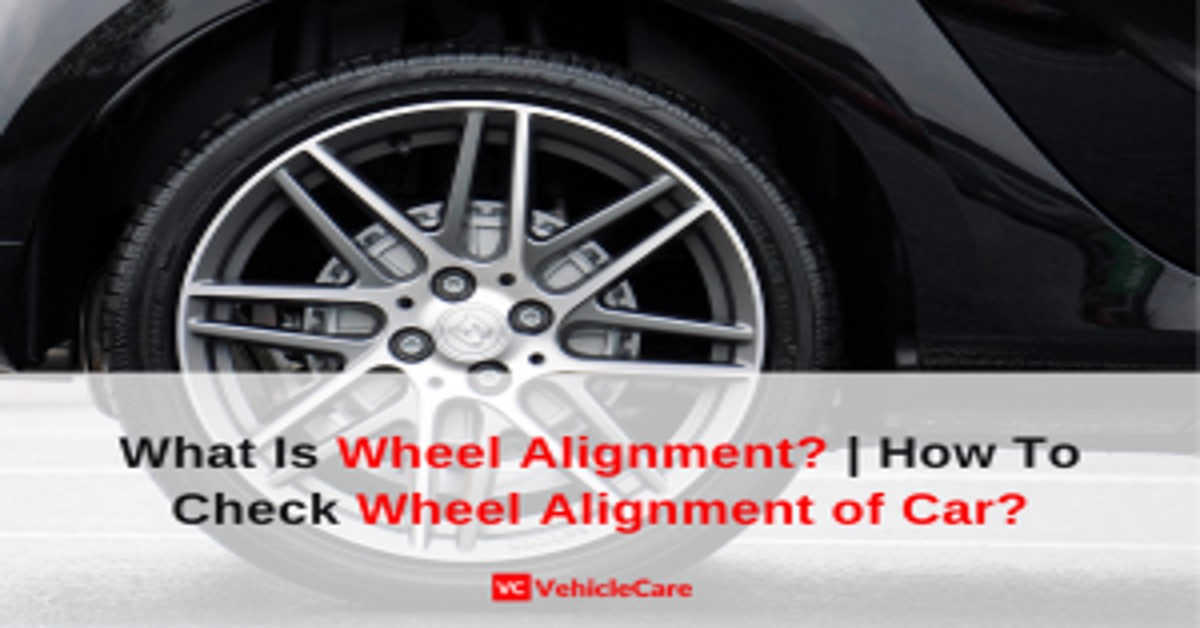Are constant screeches and untiring squeals galling your ears lately?
That disquieting noise you hear, every time you pump the brakes is your brake pads reaching their safe wear limit.
Like any other component in your car, the brake pads need replacement after a certain number of miles have been reached.
The brake pads work together with a number of components in the braking system to help you effectively control the movement of your vehicle and ground it whenever needed, and in doing so they sustain constant damage from friction.
Brake pads typically last anywhere in the range of 70000-150000 km before they need to be replaced. However, there is no hard and fast rule on when you should change them.
The reason being the myriad of factors that affect the life of brake pads, right from the type of brake pad a car is fitted with to the terrain it drives on, the size of the tires, weight of the vehicle, and even driving habits.

Table of Contents
How The Braking System Works
The modern braking system is a marvel. Considering an object that weighs over a ton and travels at 50mph grounds to stop within a few meters from its braking point, it is quite amazing.
The braking systum of your car is what hauls the car to a stop when you engage the brakes. However, it’s not quite so simple as pump brakes, stop the end. The mechanics under your vehicle use a few different components to make the brake system work and require the proper functioning of these parts for smooth and seamless deceleration.
A vehicle in motion accrues kinetic energy and the job of the braking system is to get rid of all this energy pushing it forward. The brakes dissipate the kinetic energy using friction from the road that converts into heat.
When you hit the brakes, the lever connected to the pedal pushes the piston into the master cylinder containing hydraulic fluid. The fluid is then pushed forward to other cylinders alongside each wheel. The main role of the hydraulic system is to amplify the force placed on the pedal and decelerate with even greater pressure.
So, now you know, how the brake system works and how it isn’t just a high-friction compound rubbing against the road.
The actual brakes used in the system however can be of two types- disc brakes and drum brakes. Most modern vehicles use disc brakes over the regular drum brakes in their braking system because of their excellent performance and better safety.
They provide an edge over the standard brakes with their antilock technology to improve safety. However, the enhanced performance and safety come with a price. These pads are prone to much faster wear because of the greater stopping power they can tap.
Tips To Extend The Life Of Brake Pads
The braking system, like any other framework in your car, is intricate and requires great care to obtain the best performance. Care is especially important in the case of brake pads as they are one of the main components in the braking system.
An oversight or delay in replacing the brake can bring you unwanted, costly repairs and even compromise your safety. Here are some of the best tips we consider to be helpful in extending the life of brake pads-
Wash The Rotors
This is one of the easiest ways to extend the life of your brake pads. Attached to the wheels by the vehicle’s axle, rotors routinely accumulate dirt which gradually adds to the friction of brake pads when they engage.
A strong spray wash of the rotors can help clear the dust and improve the life brake pads while also brushing up the new look of your tires.
Avoid Braking At High Speeds
Speeding up on highways is habitual and makes sense. An open road, freedom to drive unchaperoned, some people even use it as a racing ground. But braking with a double foot to push the pedal all the way down as you reach the end of the road is not at all advisable.
In fact, it is one of the main reasons for premature brake pad wear. Braking at high speeds causes excessive stress on the brake pads and can even break the pads in an instance if the force is too severe. We recommend simply eschewing the drag race in the middle of the road or just decelerating
without being hasty. However we do not mean to be a killjoy, so if you do go ahead and drag race, make sure to have your breaks inspected both before and after you decimate the pair.
Get Rid Of Heavy Weights Where Possible
It is a no-brainer that a heavy-weighing object will require more force and effort to halt than a lighter one. Carrying more load in your vehicle than needed can result in faster wear of
the brakes and even decreased fuel economy as more power is required to tug a vehicle weighing on the heavier side. Sometimes getting rid of stuff is difficult but having to move unneeded objects to gain extra performance is a pretty good deal.
Go Slow In Traffic
Hurried and frequent braking is easily the most damaging practice that not only expedites the wear on brakes but is also detrimental to other mechanical parts in a vehicle. Pushy acceleration, in an attempt to overtake drivers in the traffic, is something we’re all familiar with.
Constant and sudden pressures from acceleration and jerky braking can rub down the pads in an overly hastened manner. It is advised to go slow in busy roads, avoiding any need for rash driving, and in general, just follow the traffic rules.
Brake Flush And Bleed
Since the braking system mainly uses hydraulic fluid to convert and amplify the force put on the pedals into deceleration pressure, the contamination of this solution over time is unavoidable.
A contaminated fluid comprised of debris, dirt, and rubber can have an accelerated wear-down effect on the brake pads, wear similar to that of burning. A brake flush and bleed involves dripping all the old and dirty hydraulic fluid out of your system and replacing it with a new and clean solution.
Having your brake fluid flushed helps in preventing abnormal wear on the brake pads and is recommended every 50,000 km or two years, whichever may come first.
Use Engine Braking
Another extremely useful way to extend the life of your brake pads is this one. It’s actually kind of intuitive, “not using the brakes at all”. We don’t mean, you have to go right ahead and hit the next person in front of you.
Knowing when you’ll have to use the brakes shortly, either from a red light or driving on a busy road, you can simply take your foot off the accelerator and rely on the weight of your car to slow you down.
This is called engine braking as it disengages the engine and takes the heat off the braking system virtually allowing them to rest.
Galvanized Brake Pads vs Ceramic Brake Pads
Galvanized brake pads are robust, rust-resistant, and environment-friendly fitments for a braking system. They are designed to deliver a higher service span by increased resistance to corrosion, and heat. Galvanized brake pads are also 100% recyclable with no use of pain or copper in them.
Ceramic brake pads on the other hand are the most widely used pads in the industry. These are miles better than organic brake pads and loads cheaper than galvanized ones making them a popular choice. Developed in the 1980s,
ceramic brake pads have progressed considerably and are capable of withstanding heat and rust quite well. They combine the high performance of dense a compound with the affordability of a normal brake pad.
Brake Pads Replacement Cost
Brake pads replacement isn’t always after a fixed period of time. Damage sustained by the pads that impair their effectiveness in stopping the vehicle should not be taken lightly and needs immediate replacement. The average cost of replacing brake pads is around 3500-4500 INR with an additional 500 for labor work.
Conclusion
Eventually, your brake pads will need replacement, though with this handy guide we hope you will be better equipped to take care of your brake pads, extending the life of your tires and obtaining a smooth and seamless drive.
However, If you are not exactly sure about whether your brake pads need replacement, and cannot inspect where the screeching noises coming from, you can bring your car to one of VehicleCare’s highly equipped garages near you.



